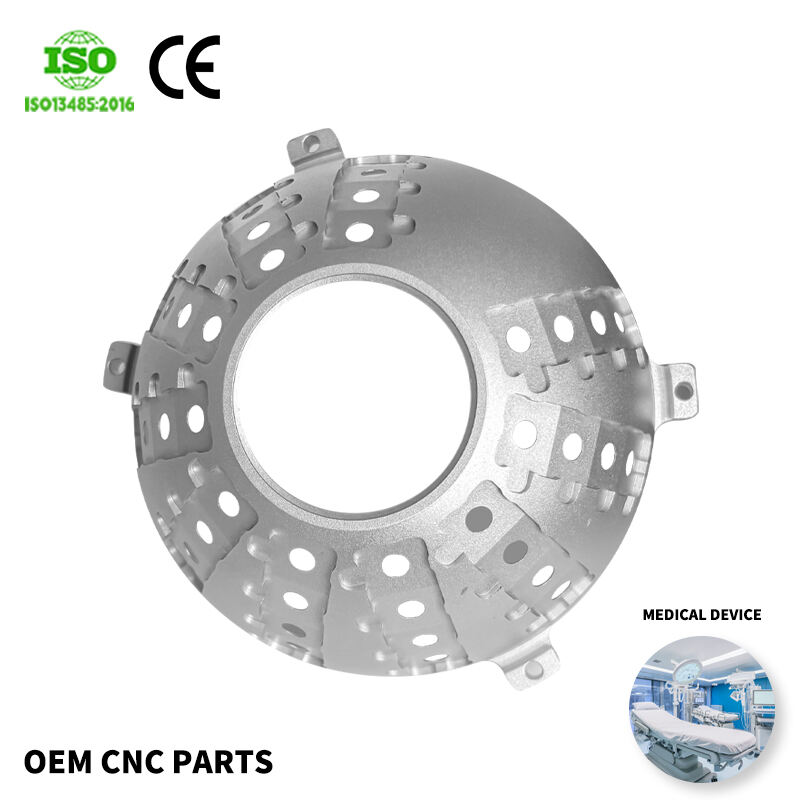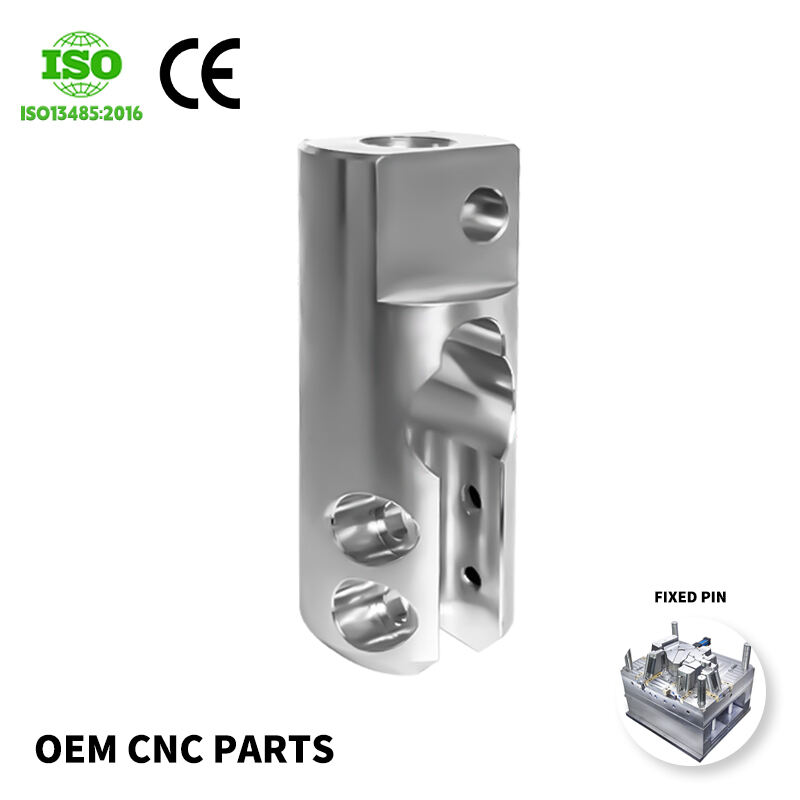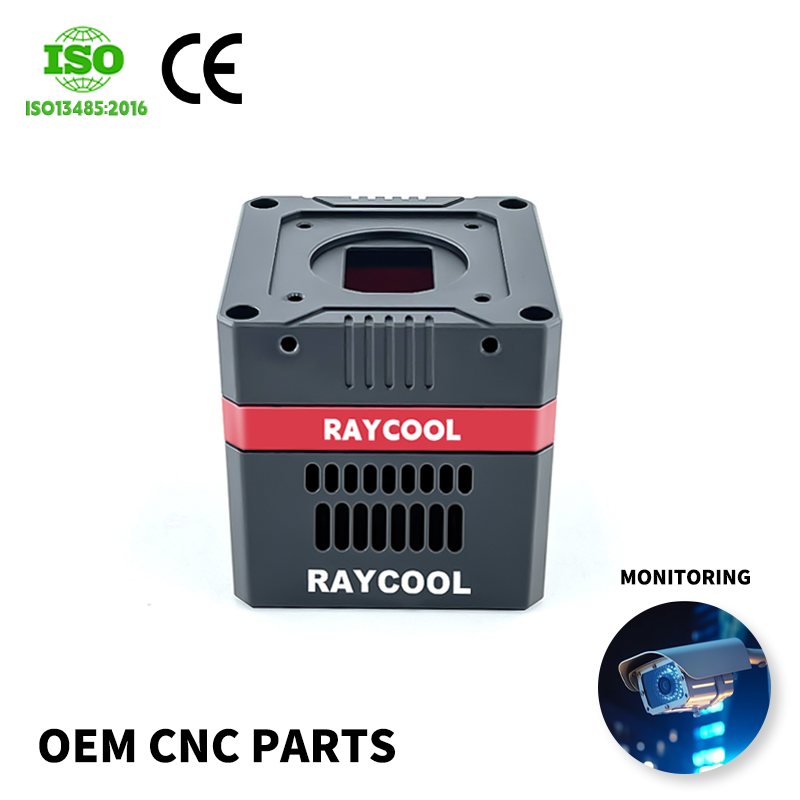cnc turned components
CNC turned components represent a cornerstone of modern manufacturing precision, produced through advanced computer numerical control technology. These components are crafted by rotating workpieces against cutting tools, achieving exceptional dimensional accuracy and surface finishes. The process involves sophisticated programming that controls multiple axes simultaneously, enabling the creation of complex geometries and intricate details that would be impossible to achieve through conventional machining methods. These components find extensive applications across various industries, from aerospace and automotive to medical and electronics. The precision of CNC turning allows for the production of parts with tolerances as tight as ±0.0001 inches, ensuring consistent quality across large production runs. The technology employs various materials, including metals, plastics, and composites, offering versatility in component design and functionality. Modern CNC turning centers are equipped with live tooling capabilities, allowing for secondary operations such as milling and drilling to be performed in a single setup, reducing production time and improving accuracy. The process is highly automated, minimizing human error while maintaining exceptional quality standards in high-volume production scenarios.



